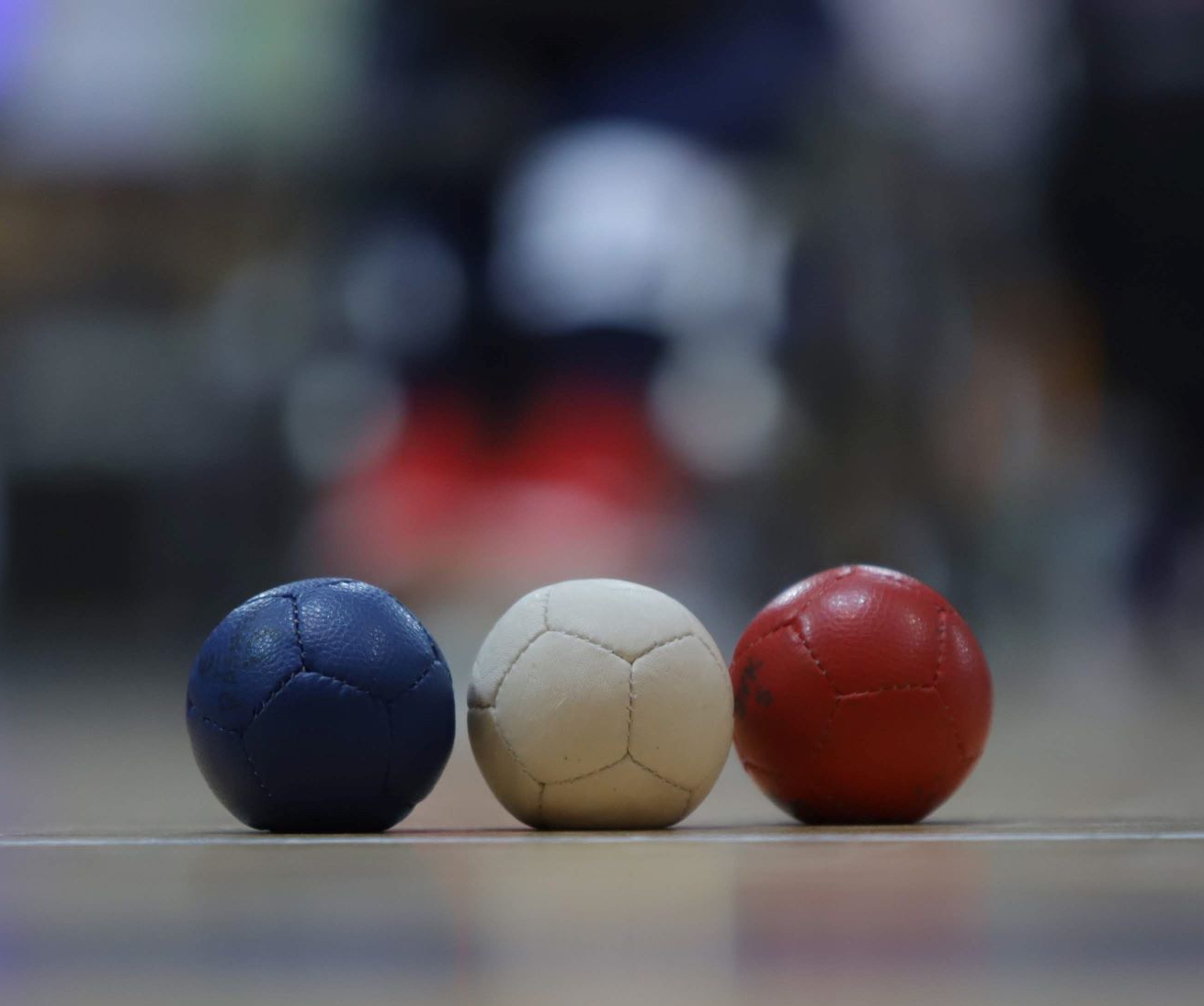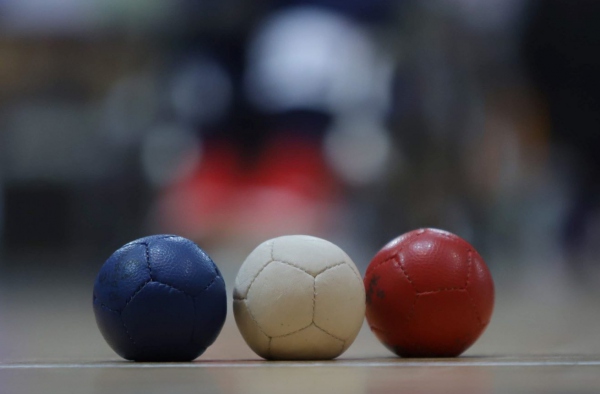To all in the Boccia World:
You will be very aware of the concerns surrounding the outbreak of the Covid19 virus and the potential effect this is having on sporting events around the world. This message is to update you on the situation as regards the BISFed calendar for 2020 and the Paralympic Games.
1. Background
BISFed has been monitoring the Covid19 situation daily since mid-January 2020. Our reference points are the World Health Organisation (WHO); the Tokyo 2020 Organising Committee (advised by the Government of Japan); the International Paralympic Committee (IPC); and relevant national Governments and Host Organising Committees of countries where BISFed competitions are due to take place in the coming months.
WHO continues to advise against the application of travel or trade restrictions to countries experiencing COVID-19 outbreaks.
BISFed’s position regarding BISFed-sanctioned events therefore remains that unless we have advice from either the World Health Organisation or the relevant local Government or our insurers against holding competitions, there is no reason for BISFed to ask HOCs to cancel events.
This does not mean that the situation may not change (for the better or worse) in the near future, and there is no room to be complacent. We therefore urge all BISFed Members who plan to travel to forthcoming competitions to:
• Assess whether their own travel insurance policies would be adequate (or need to be amended) to cover unrecoverable costs (travel, accommodation, etc.) should an event be cancelled.
• Consult with your own Government regarding any restrictions they might impose on travel to the country in question
• Follow the WHO’s recommendations for International Travellers when travelling (the recommendations are copied for information under point 3. below)
2. Recent and upcoming events involving BISFed
a) Tokyo 2020 Test Event: we have previously communicated that this event went ahead successfully in Tokyo on 29/02 and 01/03, but without boccia athletes (see here for more information.)
b) Zagreb Regional Open (Croatia) 29th March – 5th April: There is currently no adverse guidance on travel to Croatia and the HOC has confirmed that the competition will go ahead unless the guidance changes.
c) Laval World Open (Canada) 23rd April – 30th April: There is currently no adverse guidance on travel to Canada and the HOC has confirmed that the competition will go ahead unless the guidance changes.
d) Paralympic Games: T2020 and the IPC are proceeding with final planning for the Games; we have conducted our own tests to make sure we are ready for a spectacular Games and our planning is going very well. If anything changes, the IPC will make an announcement.
Individual BISFed Members, their athletes and BISFed ITOs must make their own decision on whether to travel or not, having regard to the WHO recommendations and those of their Government. The WHO has confirmed that travel by air does not, of itself constitute an additional health risk. The real risk of contracting the virus comes from being in close proximity with someone who has the virus. Personal hygiene and in particular hand washing is therefore very important.
3. Further resources
a. World Health Organisation Recommendations for international travellers
For ease of reference we copy here the WHO’s advice which can be viewed at https://www.who.int/ith/2019-nCoV_advice_for_international_traffic-rev/en/
“It is prudent for travellers who are sick to delay or avoid travel to affected areas, in particular for elderly travellers and people with chronic diseases or underlying health conditions.
General recommendations for personal hygiene, cough etiquette and keeping a distance of at least one metre from persons showing symptoms remain particularly important for all travellers. These include:
• Perform hand hygiene frequently, particularly after contact with respiratory secretions. Hand hygiene includes either cleaning hands with soap and water or with an alcohol-based hand rub. Alcohol-based hand rubs are preferred if hands are not visibly soiled; wash hands with soap and water when they are visibly soiled;
• Cover your nose and mouth with a flexed elbow or paper tissue when coughing or sneezing and disposing immediately of the tissue and performing hand hygiene;
• Refrain from touching mouth and nose;
• A medical mask is not required if exhibiting no symptoms, as there is no evidence that wearing a mask – of any type – protects non-sick persons. However, in some cultures, masks may be commonly worn. If masks are to be worn, it is critical to follow best practices on how to wear, remove and dispose of them and on hand hygiene after removal (see Advice on the use of masks)
As for any travel, travellers are also advised to follow proper food hygiene practices, including the five keys for food safety, as well as recommendations to reduce the risk of transmission of emerging pathogens from animals to human in live markets.”
b. International Paralympic Committee
The IPC has today published a useful summary of the impact of Covid19: https://www.paralympic.org/news/information-para-athletes-and-ipc-members-regarding-coronavirus
BISFed will continue to monitor the situation and will advise if anything significant changes in regard to these and other competitions.



